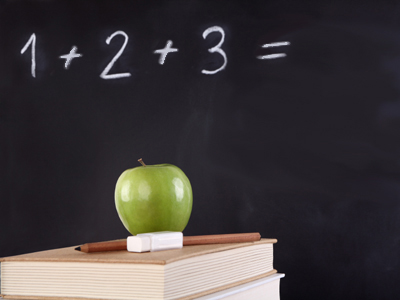
Calculate the Total - Adding Numbers
This Math quiz is called 'Calculate the Total - Adding Numbers' and it has been written by teachers to help you if you are studying the subject at elementary school. Playing educational quizzes is a fun way to learn if you are in the 1st or 2nd grade - aged 6 to 8.
It costs only $12.50 per month to play this quiz and over 3,500 others that help you with your school work. You can subscribe on the page at Join Us
Calculating totals means looking at the numbers in an addition calculation and thinking about a sensible way to add them together. When three one-digit numbers are to be added, for example in the calculation 5 + 7 + 5, it might make sense to add the 5 and 5 to make 10, before adding on the 7. If two two-digit numbers are to be added, such as 12 + 13, adding the 2 and 3 to make 5 and then adding the two tens to make 20 might be wise. The same sort of logic applies when adding a two-digit number and a one-digit number. Recognizing that additions can be completed in any order could help with this.
Try this quiz to see how quickly you can find the totals.
Ready for more?
not all...
quizzers. Try to win a coveted spot on our Hall of Fame Page.







